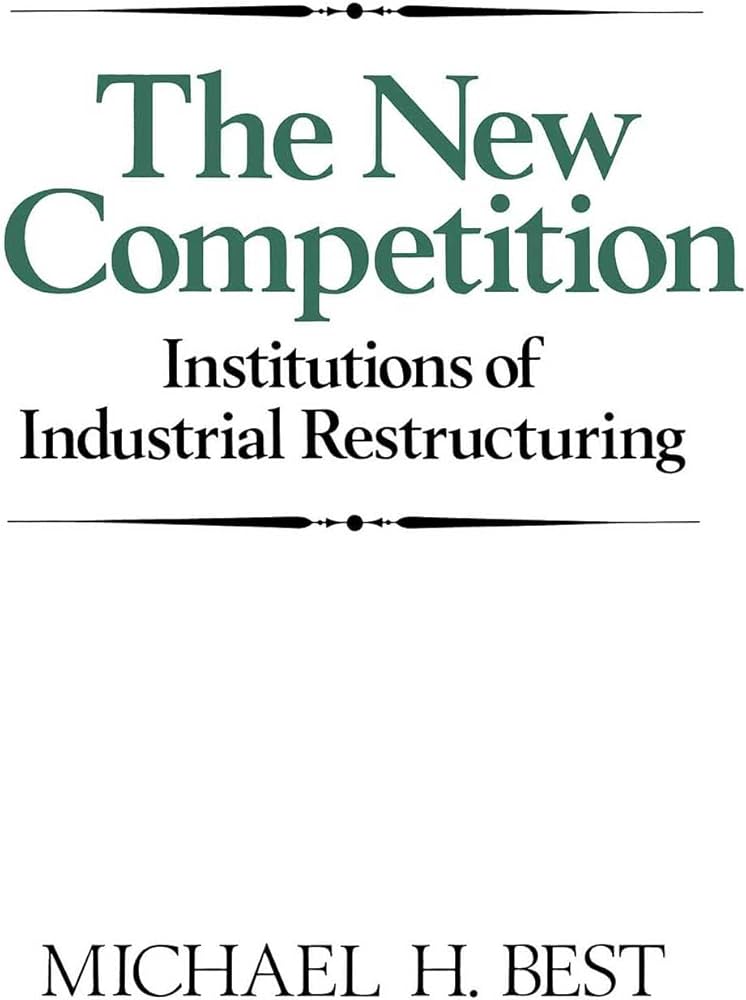Smart Strategies to Leverage New Competitive Offers for Maximum Success in 2025

Understanding the Landscape of Contest Offers
Building on the necessity for businesses to engage with contest offers, it is crucial to understand the array of competitive bids available in today’s market.
Definitions and Types of Contest Offers
Contest offers refer to a variety of opportunities, including business contests, grant proposals, and project bids. They not only allow businesses to vie for funding, contracts, or recognition but also present a platform for innovation and creative solutions to industry challenges. The landscape of competitive bids comprises multiple formats such as public tenders, online competitions, and challenge submissions that encourage broad participation.
In 2025, the ability to discern between these various types will become even more critical. Entrepreneurs need to focus not only on traditional tender submissions, but also on innovative funding competitions and sponsorship opportunities. These tenders can be associated with various industries, catering to diverse interests which can be strategically exploited for maximum benefit.
Current Trends in Competitive Bids
With the rise of digitalization, the nature of competitions has evolved significantly. Online competitions have garnered immense popularity, enabling companies to showcase their innovations to a global audience without geographical constraints. Furthermore, funding trends have shifted towards more collaborative and community-oriented ventures, making it essential for businesses to engage with local stakeholders.
Another noteworthy trend to consider is the increasing importance of sustainability in bid evaluations. Many grant applications now emphasize environmental responsibility alongside financial viability, promoting a stronger emphasis on innovation awards.
Common Challenges in Contest Participation
Despite the numerous opportunities available through competitive bids, businesses often face various challenges. Lack of knowledge about competition regulations and submission processes can hinder success. Furthermore, understanding the evaluation criteria can be a daunting task for participants.
Time management remains a key obstacle, especially regarding competition deadlines. Late submissions often lead to disqualification, which highlights the importance of meticulous planning in proposal development.
Effective Proposal Development Techniques
With these trends and challenges established, let’s delve into the methodologies that can enhance proposal development for contest participation.
Research and Understand Competition Criteria
Understanding the distinct entry requirements and competition criteria of different contests is essential in crafting a winning proposal. Thorough research will provide insight into what the sponsoring organizations prioritize, whether it’s innovation, community impact, or business viability. By aligning your proposal with the values and expectations of contest judges, you increase your chances of selection.
As an effective strategy, creating a checklist based on the specific entry conditions outlined in competition announcements can streamline the proposal preparation process. This structured approach ensures that all primary aspects of the application are addressed.
Optimize Your Proposal Writing Skills
Proposal writing is an art. Clear and concise communication is paramount to successfully convey ideas. A well-structured proposal should include an engaging introduction, a compelling body that highlights unique selling propositions, and a compelling conclusion that revisits key points and calls for action.
Utilizing a professional format is crucial. Ensure that all submissions adhere to the stated proposal formats, which can vary widely depending on the contest. Incorporating feedback from previous contests can also enhance your proposals, allowing improvements to be made based on evaluation criteria.
Utilizing Competitive Analysis for Success
Engaging in competitive analysis is a smart way to position your application favorably. Observing past winners and their proposal styles can illuminate secrets of successful entries and help identify gaps in your own submissions.
It is beneficial to attend networking events or workshops on proposal submissions, as these can provide invaluable insights from industry experts. These experiences often reveal common pitfalls that should be avoided and highlight what evaluators are looking for.
Maximizing Submission Processes
Moving forward, let’s explore strategies to enhance the submission processes, ensuring that all bids are submitted correctly and punctually.
Implementing Bid Management Strategies
Bid management refers to organizing and streamlining the proposal development process. This includes keeping track of submission deadlines, required documents, and communication with stakeholders. Utilizing project management tools can help team members collaborate effectively, ensuring all deadlines are met while maintaining high-quality documentation.
Creating an organized calendar dedicated solely to competition deadlines will also provide a visual aid for managing bid submissions. By incorporating specific reminders for each stage of submission, businesses can reduce the risk of missing out on opportunities.
Building Strategic Partnerships
Developing strategic partnerships can significantly increase the likelihood of winning competitions, especially in collaborative contests. A partnership with a complementary business can allow each party to combine resources and expertise, enhancing the overall proposal’s appeal.
This strategy not only broadens the innovation potential of the project but also facilitates shared financial responsibility, making funding competitions more approachable. Engaging in conversations with potential partners before competition announcements can also lay the groundwork for successful collaborations.
Reviewing and Evaluating Proposals
An essential final step in the submission process is the thorough review and evaluation of your proposals. Involving different stakeholders in the review process can provide diverse perspectives and constructive feedback.
Establishing a peer review system where proposals are evaluated based on established competition criteria can substantially enhance proposal quality. By considering potential critiques before the final submission, you increase your chances of a favorable outcome.
Networking Opportunities and Resource Allocation
With proposal submissions well underway, it’s time to focus on the vital aspect of networking opportunities and resource allocations.
Identifying Key Networking Events
Networking is an integral part of engaging successfully with contest offers. Identifying the right events can lead to powerful connections that might provide insider knowledge or partnerships for upcoming competitions. Events focused on entrepreneurship challenges, grant writing workshops, and industry fairs are excellent starting points.
Leveraging social media platforms to connect with industry influencers and organizations can also boost your visibility and credibility in the contest landscape. Engaging with established entities within your field encourages collaboration and can provide opportunities to participate in larger proposals.
Efficient Resource Management for Application Success
To maximize the chances of success in competitions, effective resource management is crucial. This includes both human resources and monetary investments in proposal development. Assigning team members specific roles aligned with their expertise ensures that each aspect of the proposal benefits from focused attention.
Additionally, allocating budget wisely for necessary tools, like proposal writing software or application review consultants, can streamline the process and improve the quality of submissions.
Success Stories and Lessons Learned
Lastly, it’s worthwhile to analyze success stories in winning contests. Learning from past experiences, whether your own or from others, offers valuable insights into effective strategies and common pitfalls to avoid. Embracing a philosophy of continuous improvement can significantly enhance your approach to future competitions.
This commitment to refinement can involve maintaining a ‘lessons learned’ document that captures insights from each bid submission attempt, providing a framework for bettering future applications.
Conclusion: Navigating Your Success in Competitive Environments
The road to success in leveraging new competitive offers and managing bid submissions is paved with intentional strategy, thorough research, and continuous improvement. By understanding the landscape of contest offers and mastering proposal development techniques, businesses can maximize their opportunities in 2025.
Achieving success requires dedication to enhancing bid management practices, building strategic partnerships, and effectively networking within your industry. As the realm of awards and competitions continues to evolve, staying abreast of trends will empower you in this dynamic environment, positioning your submissions for favorable outcomes.
For further insights on navigating the landscape of grants and tenders, check out additional resources [here](https://thekaratekid.xyz/?p=295) and [here](https://thekaratekid.xyz/?p=434).
